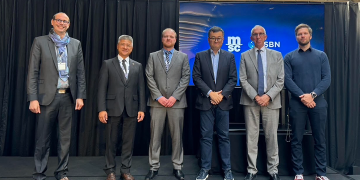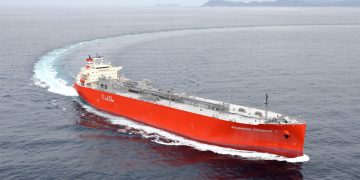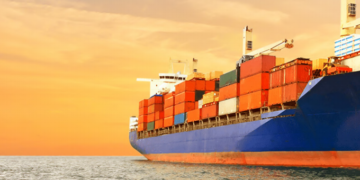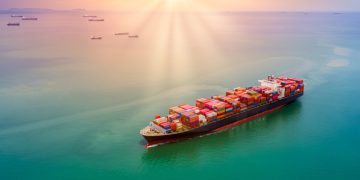Safe Bulkers enters into agreements with Japan for three Japanese newbuild vessels
$122.4 million credit agreements Safe Bulkers, Inc., an international provider of marine drybulk transportation services, announced that it has entered into three credit agreements with Japanese governmental financial institutions amounting to US $122.4 million to finance the acquisition of three Japanese Post-Panamax class newbuild vessels.The previously-announced vessel acquisitions from Japanese shipyards relate to one vessel which was delivered in 2010 and two vessels which are expected to be delivered in 2011 and 2012, respectively. The structure of the financing is in accordance with the Organisation for Economic Cooperationand Development-approved export credit schemes.The amount is repayable over twelve years with very competitive financial terms. The credit agreements were concluded with the Japan Bank for International Cooperation, (JBIC), and Citibank Japan, Ltd acting as lead arranger.The JBIC is the international wing of Japan Finance Corporation, a Japanese governmentalfinancial institution which conducts lending, investment and guarantee operations while complementing private sector financial institutions, promoting Japanese industry.Nippon Export and Investment Insurance, the official export credit agency of Japan, insured almost half of the amount.Safe Bulkers, Inc. is believed to be the first Greece-based shipping company to enter into financing arrangements of this kind with Japanese governmental financial institutions. The transaction expands the Companys strong ...
Read more


















































